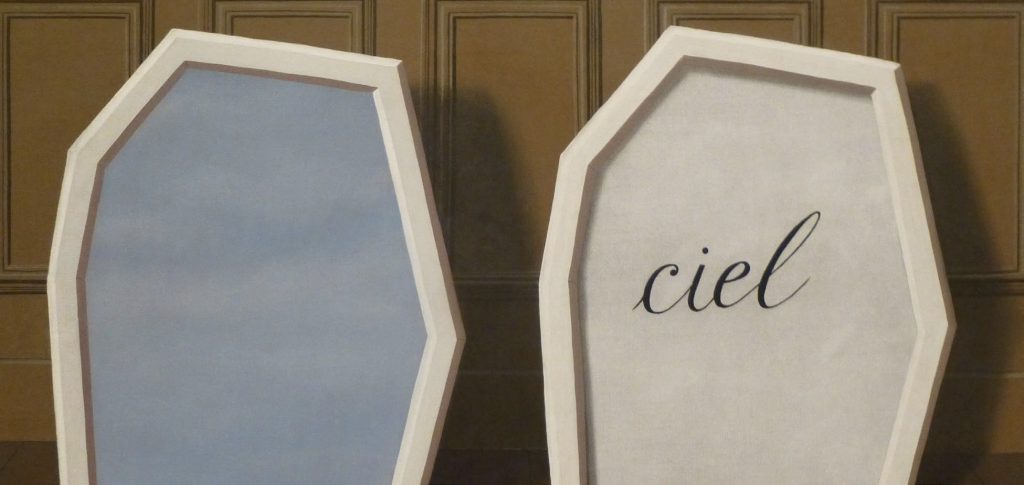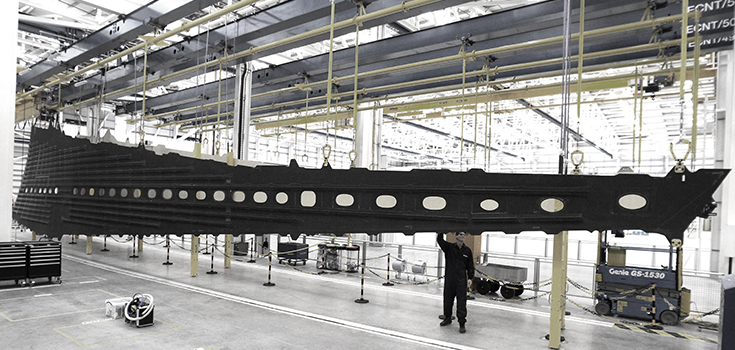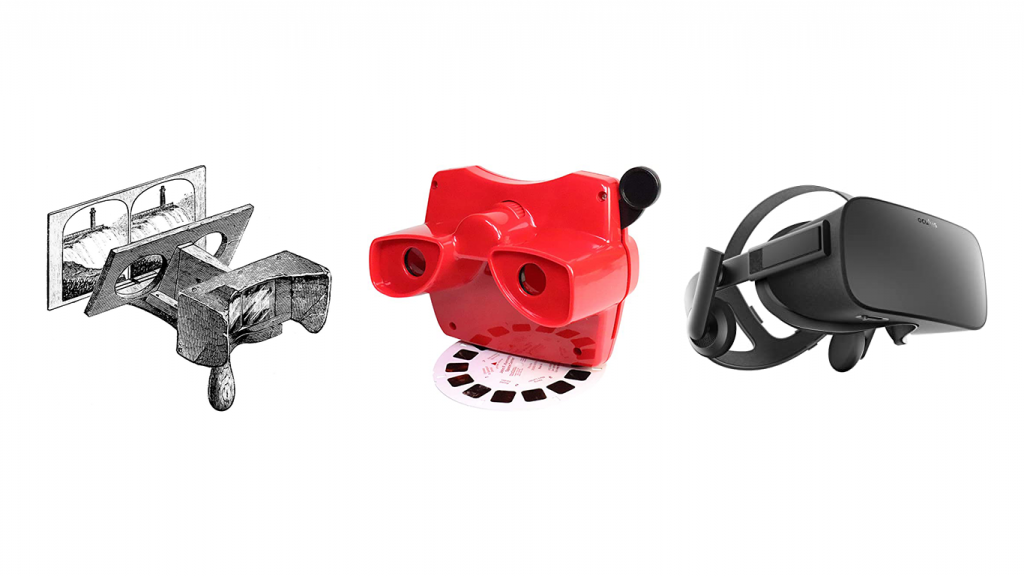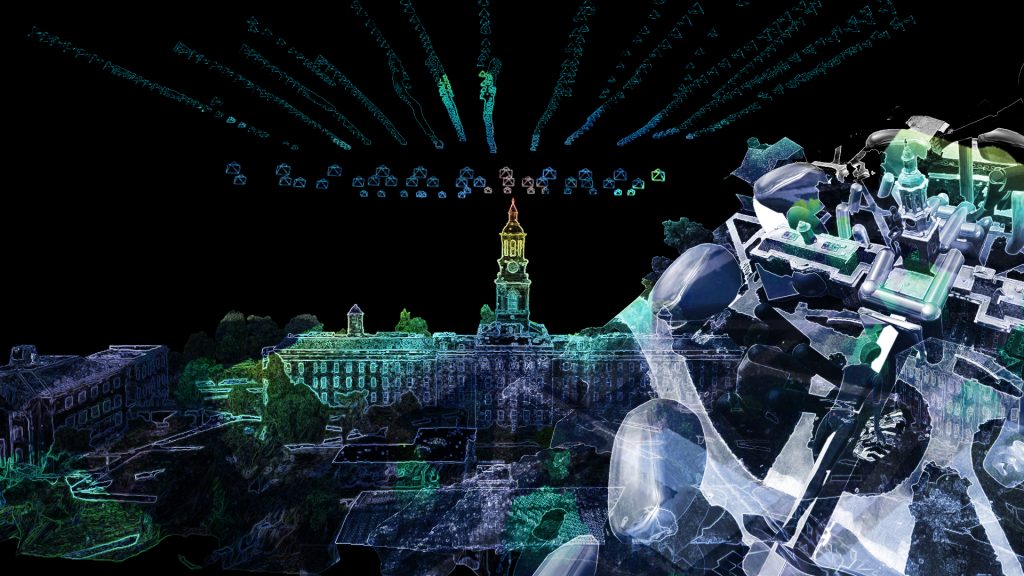Instructor: Nicholas Bruscia
ARC 605
Fall 2017
DESCRIPTION:
All structures, while typically engineered to be rigid, are flexible. Most of us harbor the notion that buildings are not supposed to move, but nothing, according to physics, can be infinitely rigid. Tall buildings are over-engineered to accommodate the parameters of human confidence, which is usually beyond the point of reasonable structural integrity. The majority of commonly used structural materials produce rigidity since they tend to be most durable when they are not being flexed. However, some composite materials offer the possibility for a different kind of durability, as they have properties that allow them to develop internal forces that restore the initial form after deformation occurs by bending or stretching back into position. The studio will explore the scalability of flexible materials, and how we might organize them to produce stable but intentionally flexible architecture.
Research will include technical examples such as the fabrication processes of large-scale fiber-reinforced composite shells such as those being produced by Airbus for adaptable airplane wings, as well as biological examples of gradient materiality and environmental adaptability in the natural world. The material/structural research is intended provide a foundation for future experimentation, and design projects will be tasked with incorporating structural flexibility as a resilient architectural response to atmospheric and seismic conditions.
Advanced digital modeling and visual programming methods are integral to the learning objectives of the studio. The technical methods introduced in the course enable a quick organization of forces and an iterative simulation of the results; a necessary process to accurately model the motion of flexible materials. Previous experience with algorithmic programming is not a requirement, as the studio intends to accommodate beginners with in-class workshops directly related to group research and independent design proposals.





